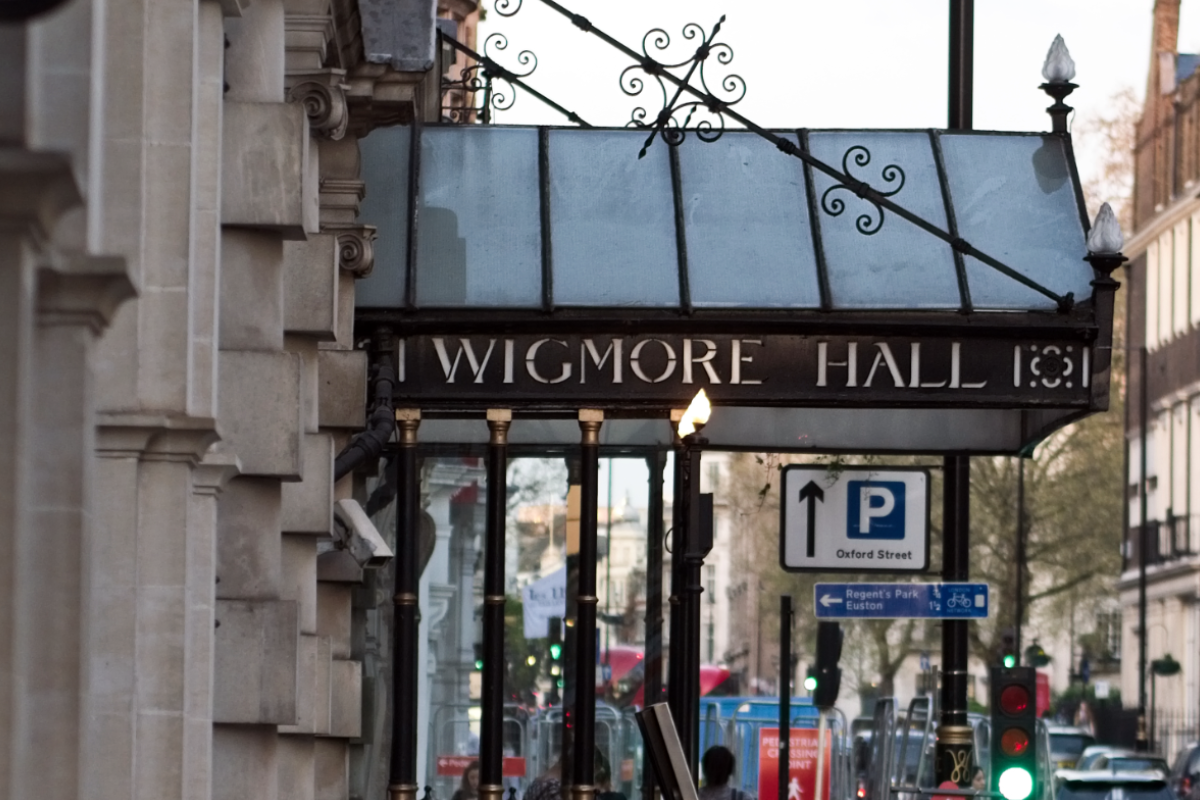
Photo: DK Media/iStock
Wigmore Hall opens fund aimed at self-sufficiency
The classical music venue’s new fund has been set up to allow it to run without funds from the public purse if ever necessary, amid “an uncertain public funding environment for classical music”.
Wigmore Hall, a classical music venue in London, has opened a fund aimed at allowing it to operate without the need for public funds.
The Director’s Fund has set targets of raising £10m by 2027 and £20m within a decade in a bid to become entirely self-sufficient. It is thought to be the first fund of its kind opened by a concert hall.
In a statement released on its website, Wigmore Hall says £7m has already been pledged to the fund. Launched “in the face of an uncertain public funding environment for classical music in the UK”, the statement says the fund will go towards investment in “future generations of artists at every stage of their careers, innovative independent programming and an uncompromising quality of experience”.
READ MORE:
- Significant challenges 'may limit opera sector ambitions'
- Interest in orchestral concerts at five-year high
John Gilhooly, Wigmore Hall’s Artistic and Executive Director, says ticket sales increased 28% over the past season, with audience levels now exceeding pre-pandemic levels, to the highest figure in the 123-year history of the hall.
Gilhooly added the venue is already 97% self-funded, but the fund’s target would “allow Wigmore Hall to become 100% self-sufficient, if necessary”. The hall is a member of Arts Council England’s (ACE) national portfolio, currently receiving an annual grant of £344,206.
“We will continue to nurture and develop talented musicians and to present a diverse classical music programme of a calibre and scale that our audiences from around the world have come to love and expect,” Gilhooly said.
According to the Wigmore Hall Trust’s most recent financial records, covering the year up to 31 July 2023, it carried £13.3m forward, compared to £12.1m the year prior. The majority of its funds (£10.4m) are held between eight restricted funds which are held for specific purposes.
Donations accounted for 57% of the hall’s income last year. The trustees’ statement says that in 2022/23, the hall’s major donors, seasons patrons, season benefactors, concert sponsors, members of its circles, trusts and foundations, corporate and individual members, and donors to the annual fund collectively contributed £3.05m, against a target of £2.94m.
Concerns for classical music
Wigmore Hall’s strong audience numbers and financial performances paint a stark contrast to the “crisis” that has faced parts of the classical music sector in recent years.
Organisations including the Welsh National Opera and English National Opera have been in the forefront of wider-reaching arts cuts, suffering funding and staff reductions, while last month, an ACE-commissioned study into the state of opera warned significant challenges “may limit sector ambitions” for the artform's future.
Gilhooly told the Guardian the current criteria for ACE’s ‘Let’s Create’ policy are “problematic for most classical music organisations”.
“ACE needs to listen to these concerns. Hopefully the current review of ACE being led by Mary Archer will also address these genuine worries for the future of classical music funding,” he said.
“We fully recognise fundraising is more difficult for our colleagues outside of London, which makes the ACE’s investment more important than ever”
Wigmore Hall announced details of its 2024/25 season alongside launching the Director’s Fund. It claims its forthcoming season, spanning September 2024 to July 2025, is the largest classical music programme in the UK, with over 550 concerts and featuring more than 2,600 musicians.
Join the Discussion
You must be logged in to post a comment.